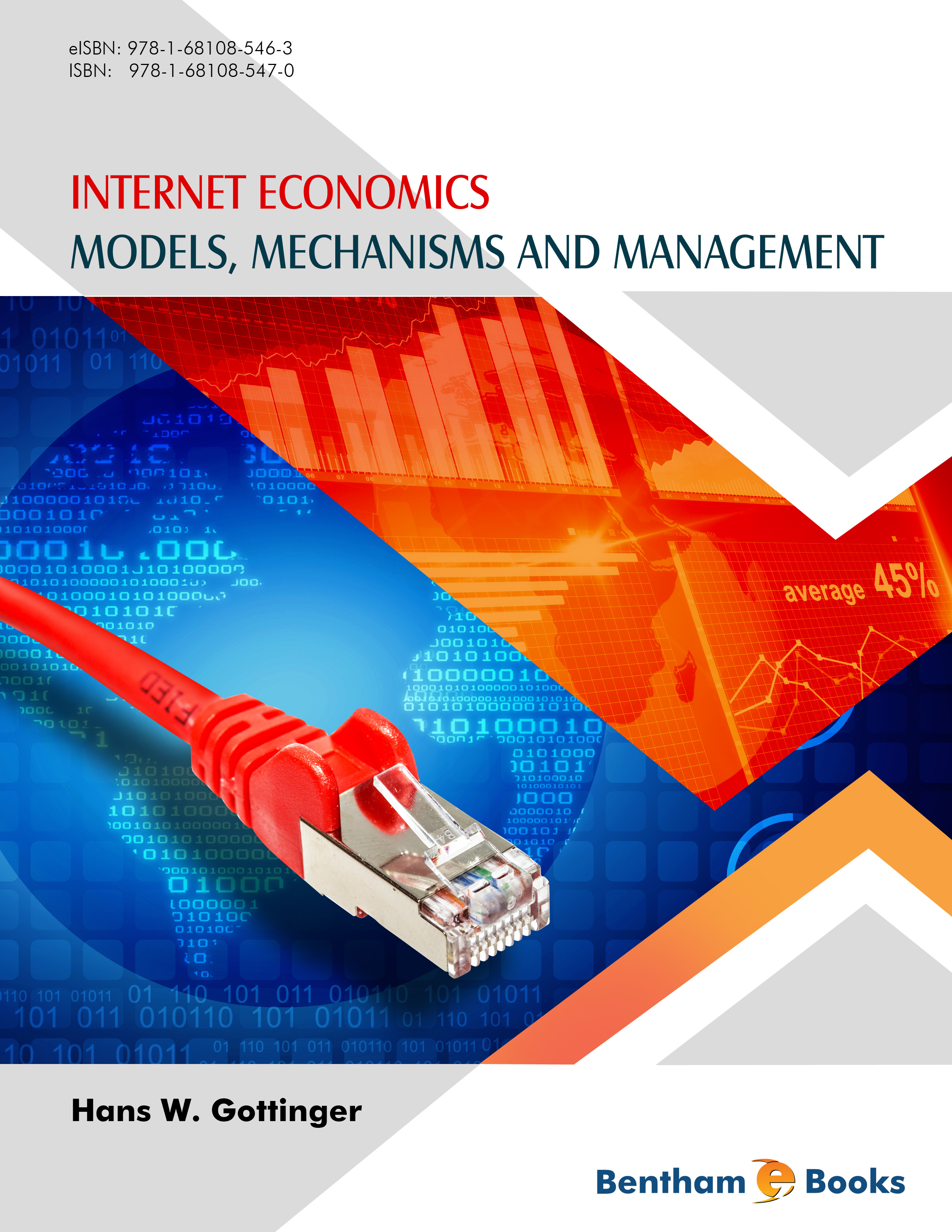Review 1
The author offers, in this book, several self-contained essays around two broad themes: Economic analysis, which has the potential to improve internet provision and services, and the development of internet, which has contributed much and will contribute even more to real economies. To do so, he expertly links standard economic concepts and models with the peculiarities of the internet, such as its specific technological constraints, its network structure, its pervasive economies of scale, interdependencies and external effects, its size and complexity, and the immense amount of data it generates. The reflection touches upon computer science, operations research, and artificial intelligence. The choice of topics and real-life examples is wide and convincing, the perspective definitively optimistic. But little quantitative evidence is provided to support the book’s claims.
Following a broad introduction to distributed data transmission and the raise of internet, several chapters are dedicated to the use of market mechanisms for resource allocation in distributed communication systems, efficient provision of a high quality of service, and the pricing of internet services. Diverse mathematical models are suggested. Further chapters are dedicated to e-commerce, social media, and platform design, to the Internet of Things, and to the generation and use of Big Data.
In the last chapter, Gottinger addresses macroeconomic impacts such as the link between the spread of internet and growth, and most particularly the vexing question: Why do official statistics indicate that the digitalization of the economy has a very small impact on growth, although it profoundly affects our professional and professional life? The author’s privileged answer is the mismeasurement hypothesis, which says that the discrepancy between perceived and measured contribution stems mostly from a statistical underestimation of the induced quality improvements and perhaps from a neglect of fundamentally new impacts. Why these factors are without a doubt real and important, the current wisdom is that they do not explain much of the productivity puzzle. However, the same current wisdom also states that we still do really comprehend the current and future impacts of internet. The author's vision may well prove to be the right one.
Gottinger’s Internet Economics offers not only a wealth of pertinent information and promising approaches, but also a rich foundation for further reflection and the motivation for numerous Ph.D. theses. It includes a most useful guide to the main abbreviations and a glossary of the main concepts. The list of references is relatively, short, with a dearth of recent titles. This is no longer a serious shortcoming as it can nowadays easily be remedied through an Internet search – an ultimate example of the benefits of digitalization asserted by the author.
Christophe Deissenberg
Fellow, Institute for Nonlinear Dynamical Inference

